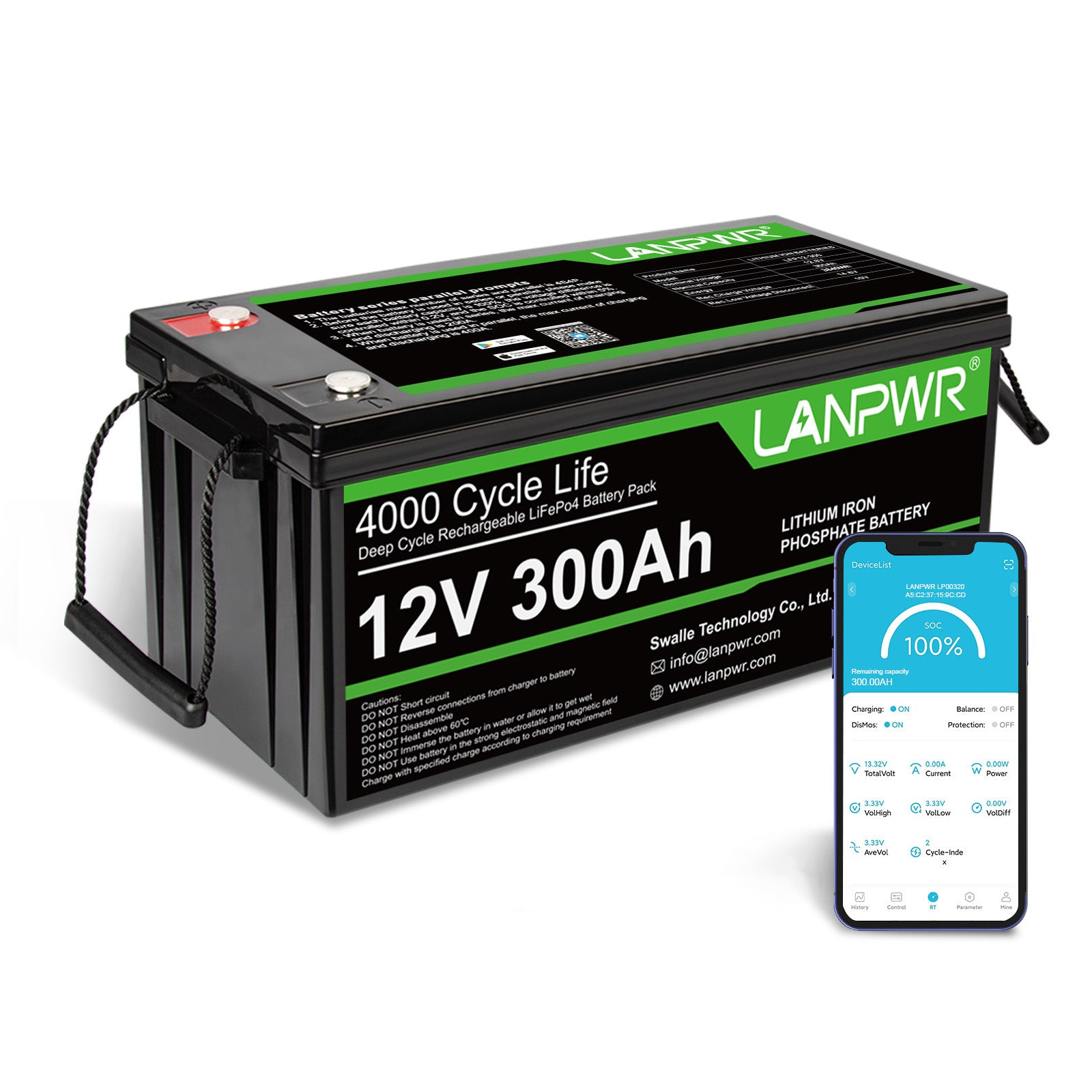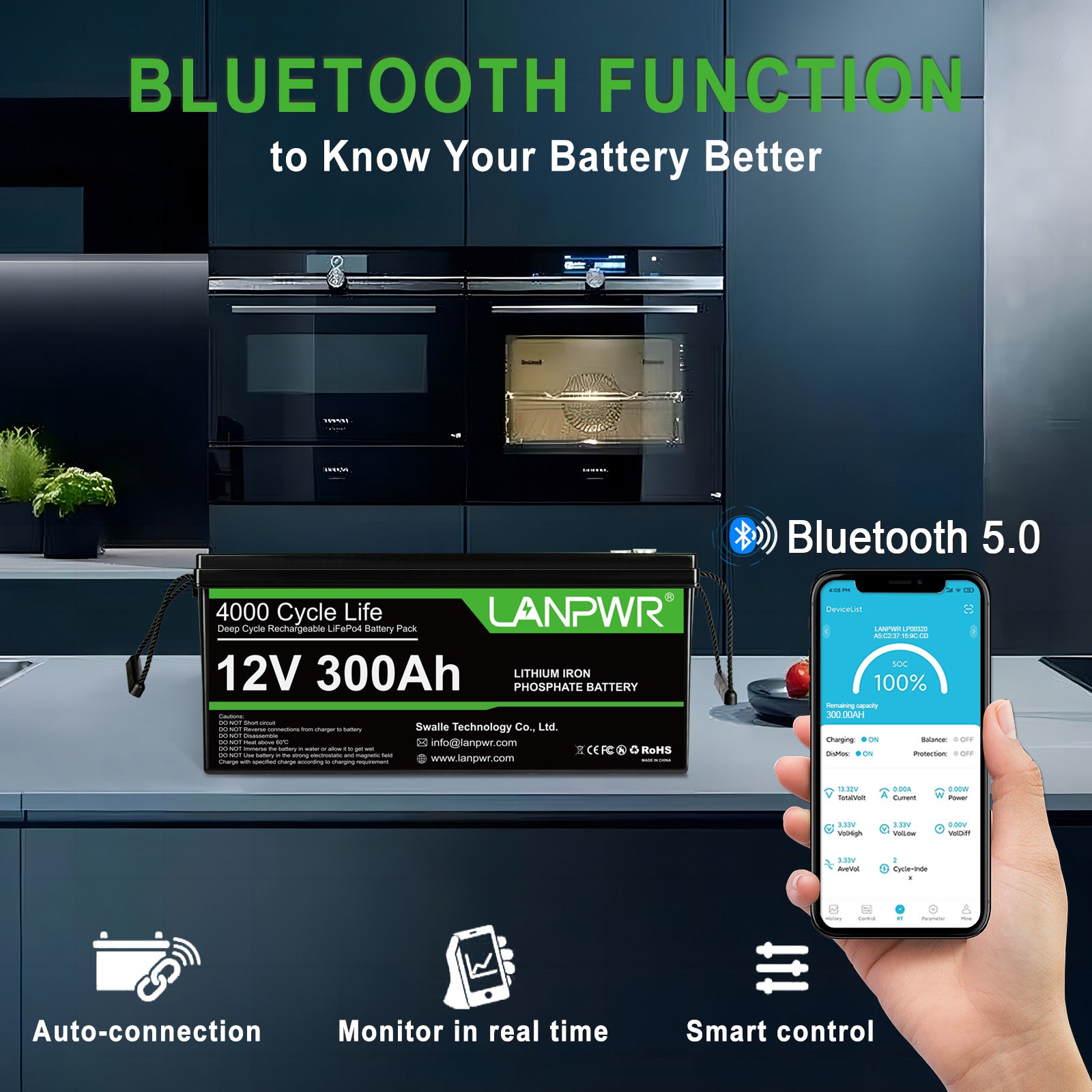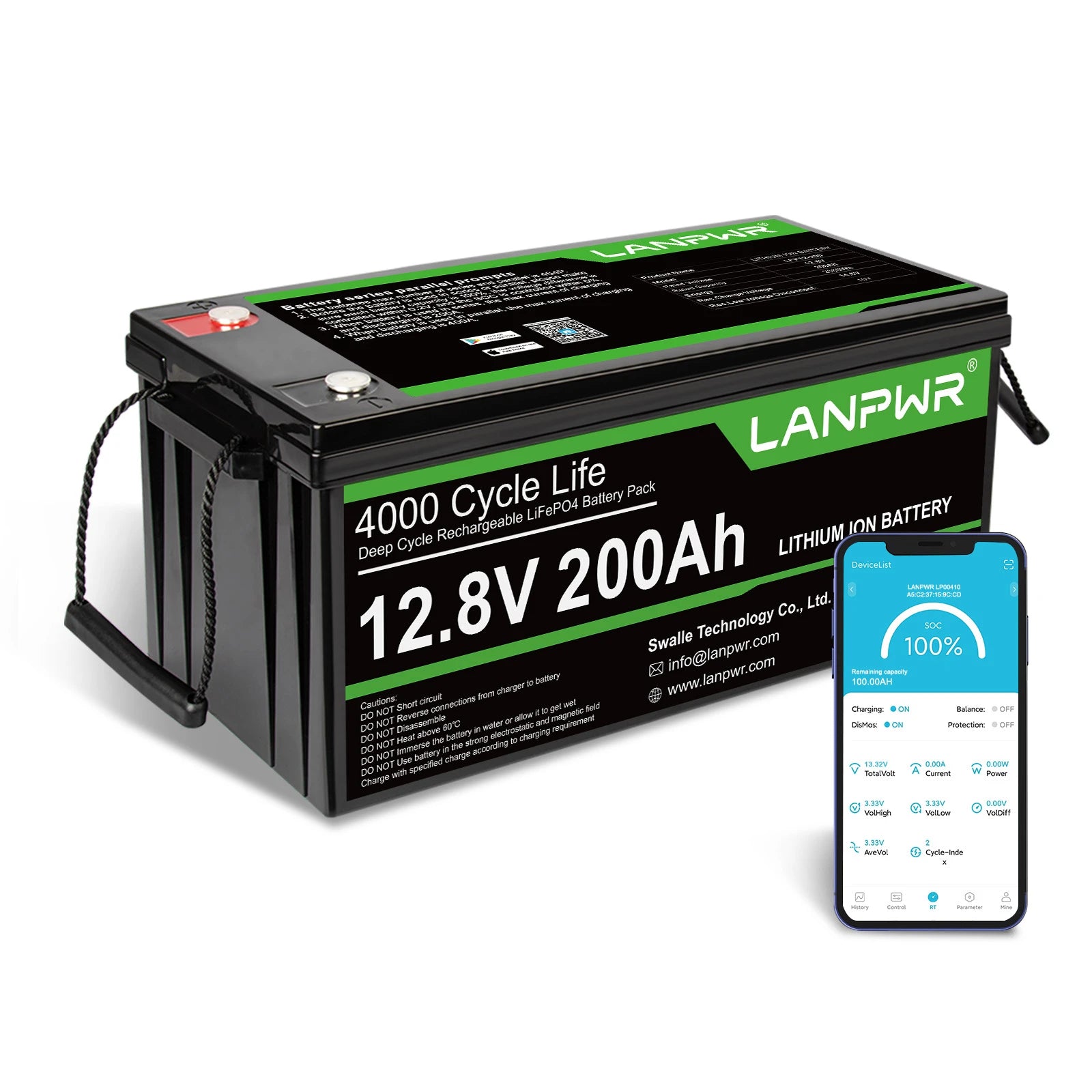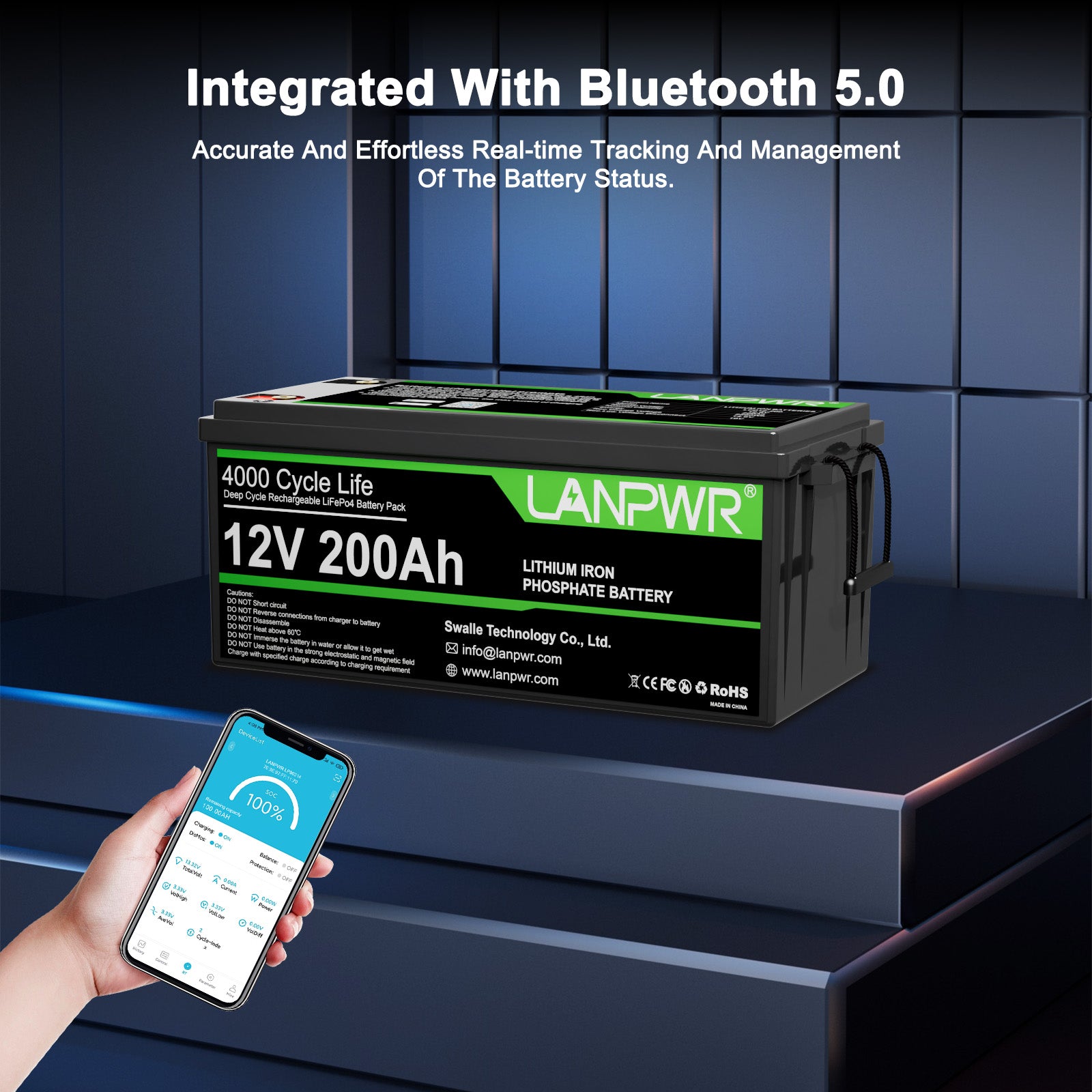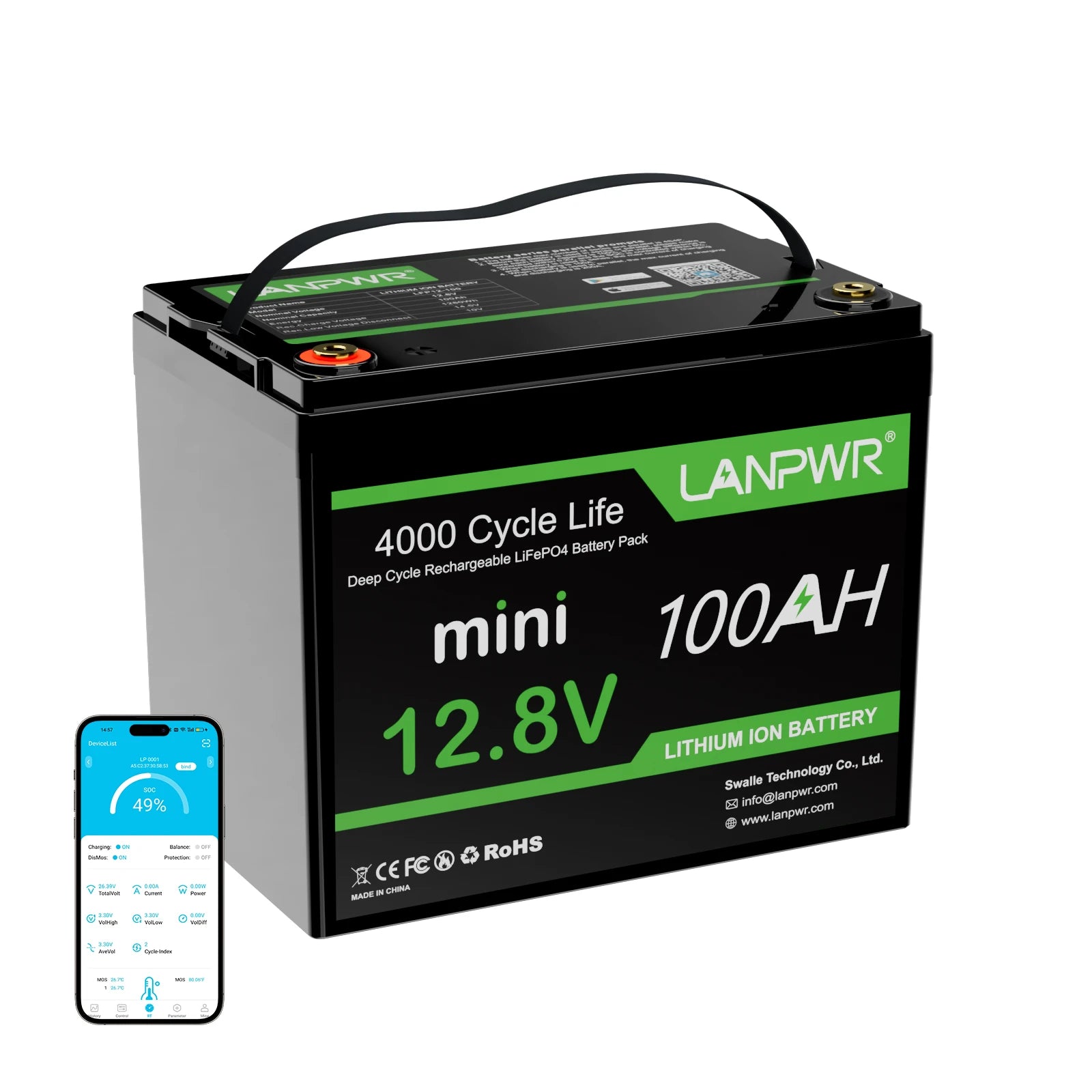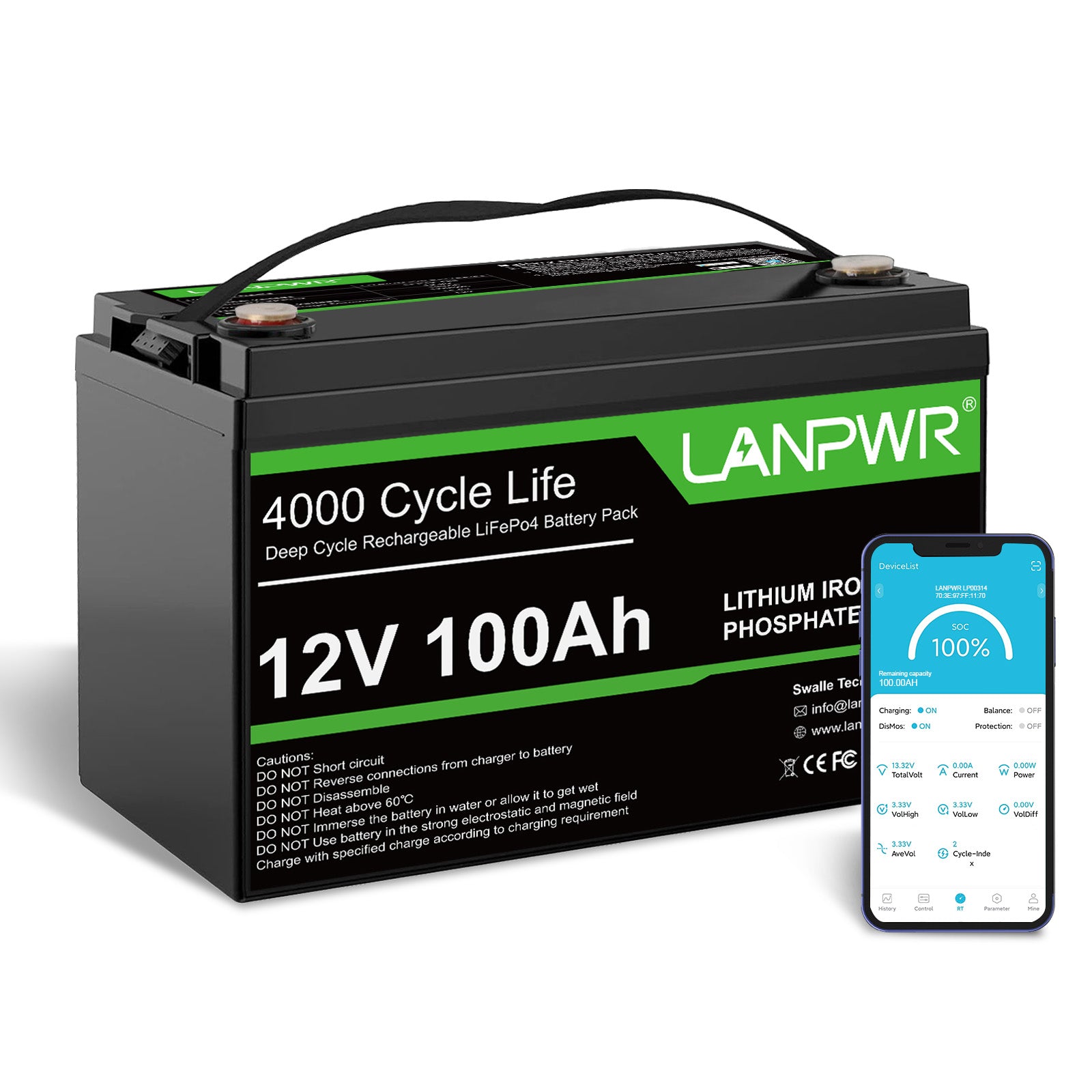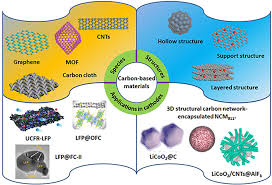
Carbon Coating in Battery Materials: Definition, Principles, and Revolutionary Impact
Introduction: The Invisible Armor Transforming Energy StorageIn the high-stakes world of advanced batteries, a near-invisible layer of carbon—often just 5 nanometers thick—has become the secret wea...
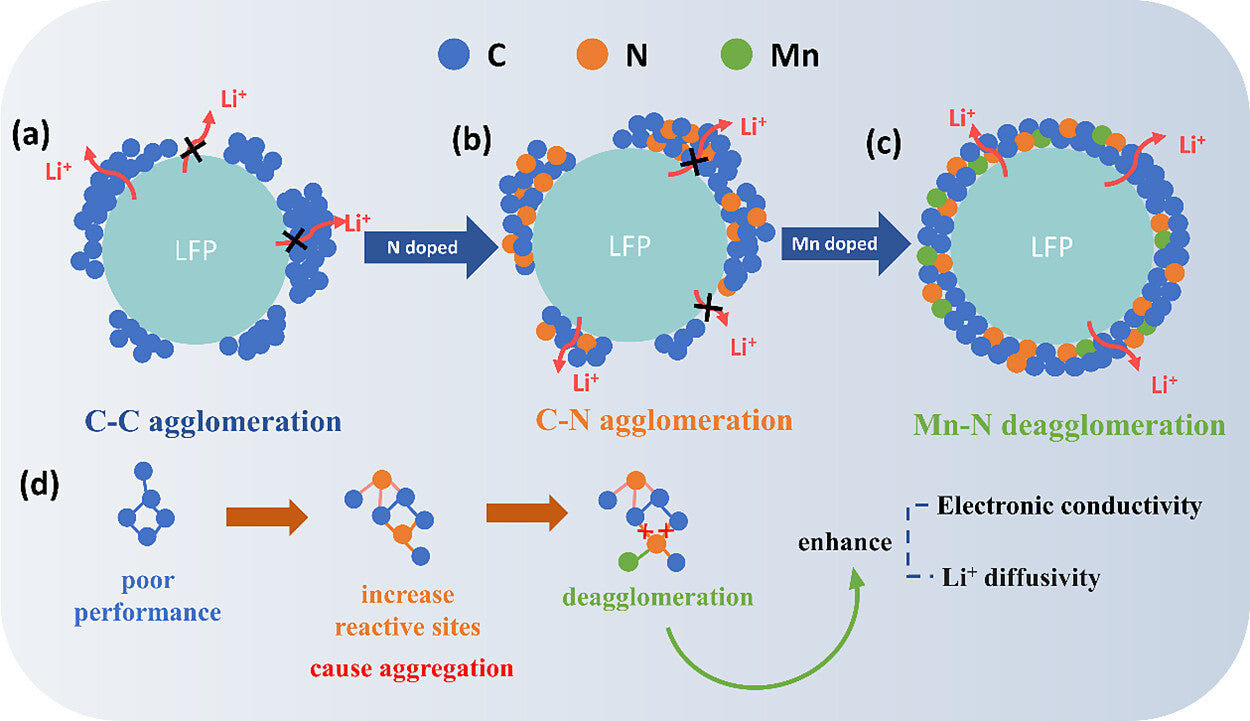
Revolutionizing LiFePO₄: How Carbon Coating & Metal Doping Supercharge Battery Performance
Introduction: The Conductivity Crisis in Lithium Iron Phosphate Lithium iron phosphate (LiFePO₄ or LFP) batteries are the safety champions of energy storage—non-flammable, long-lasting, and eco-fri...
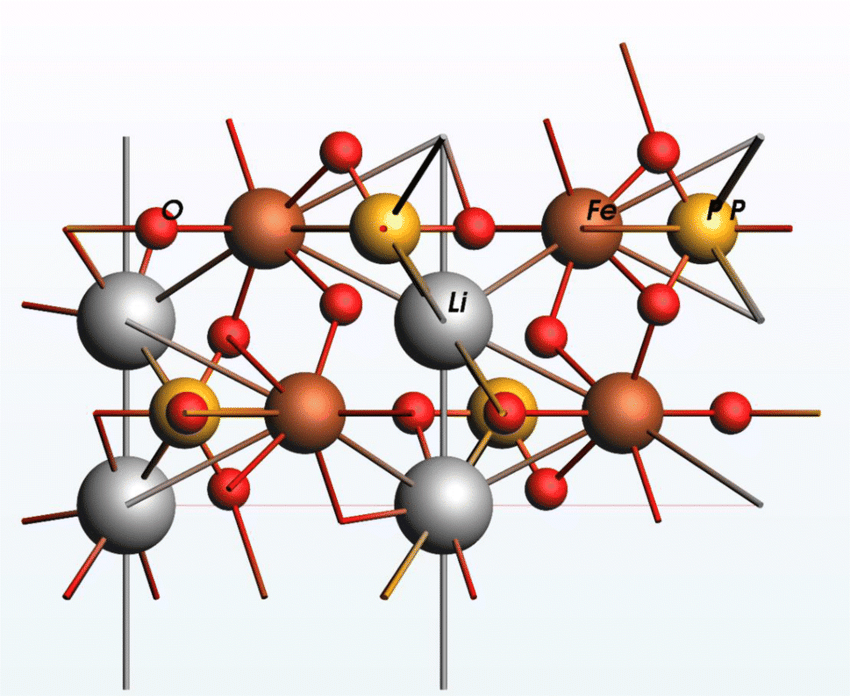
The Science Behind LiFePO₄: How Its Unique Olivine Crystal Structure Dictates Battery Performance
Introduction: Why LiFePO₄'s Atomic Arrangement Makes It a Battery SuperstarIn the world of lithium-ion batteries, lithium iron phosphate (LiFePO₄ or "LFP") stands out for its unmatched safety, long...
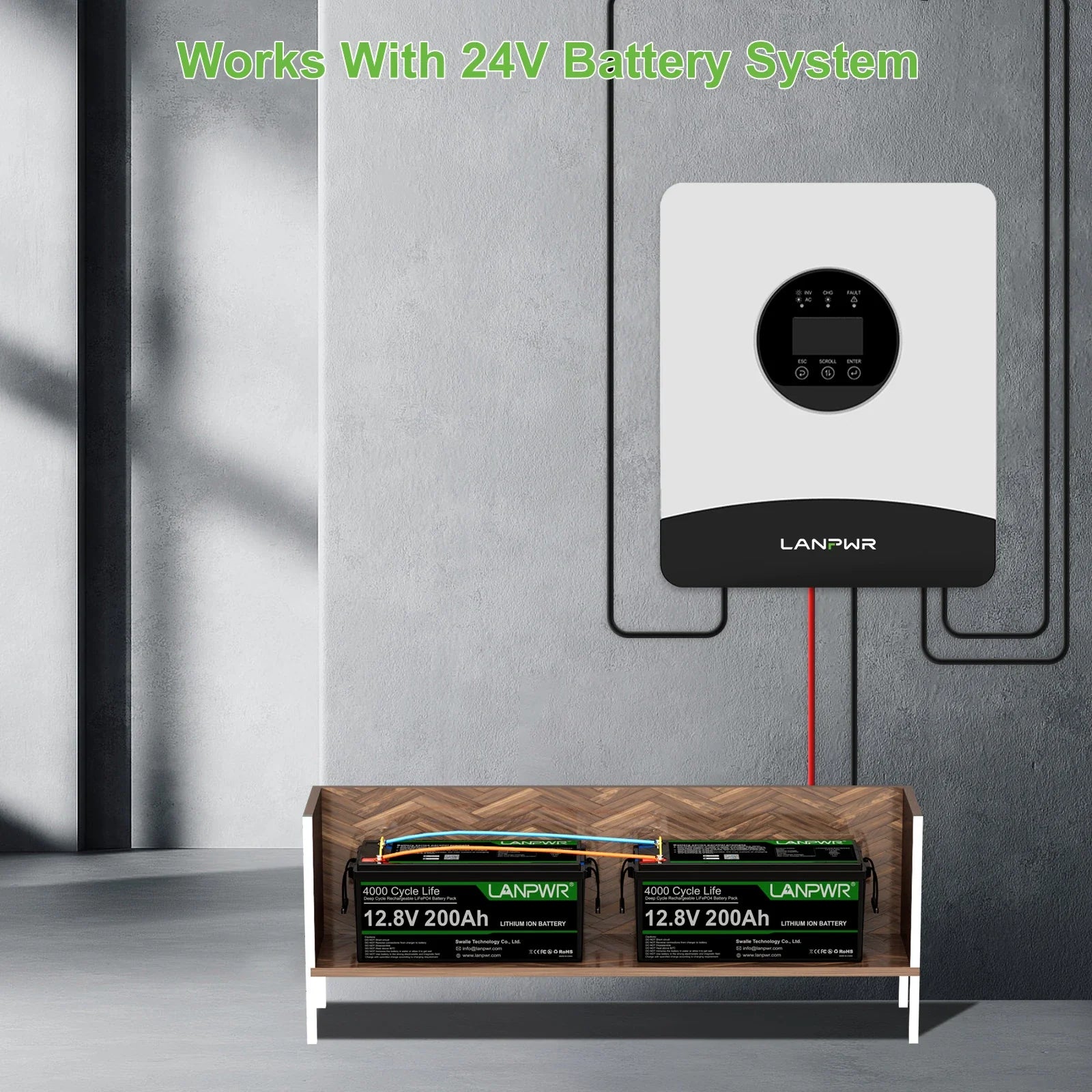
The Secret Behind Lithium Iron Phosphate (LiFePO4) Batteries' Exceptional Cycle Life
Introduction: The Longevity Revolution in Energy Storage In an era where battery performance and longevity are critical for everything from electric vehicles to grid-scale energy storage, Lithium I...
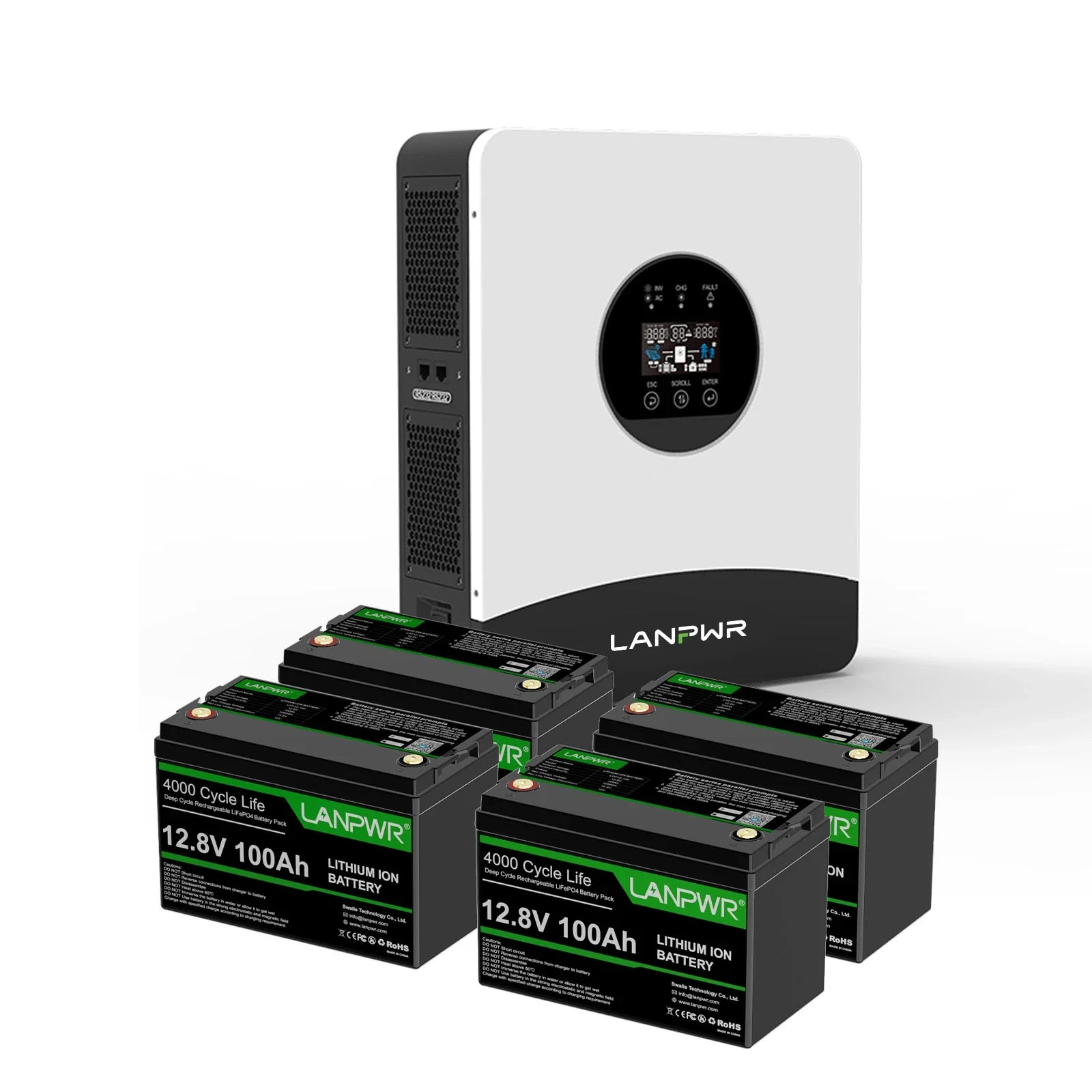
Lithium Iron Phosphate (LiFePO4 or LFP) has emerged as one of the most promising cathode materials for lithium-ion batteries, particularly in applications where safety, longevity, and environmental...
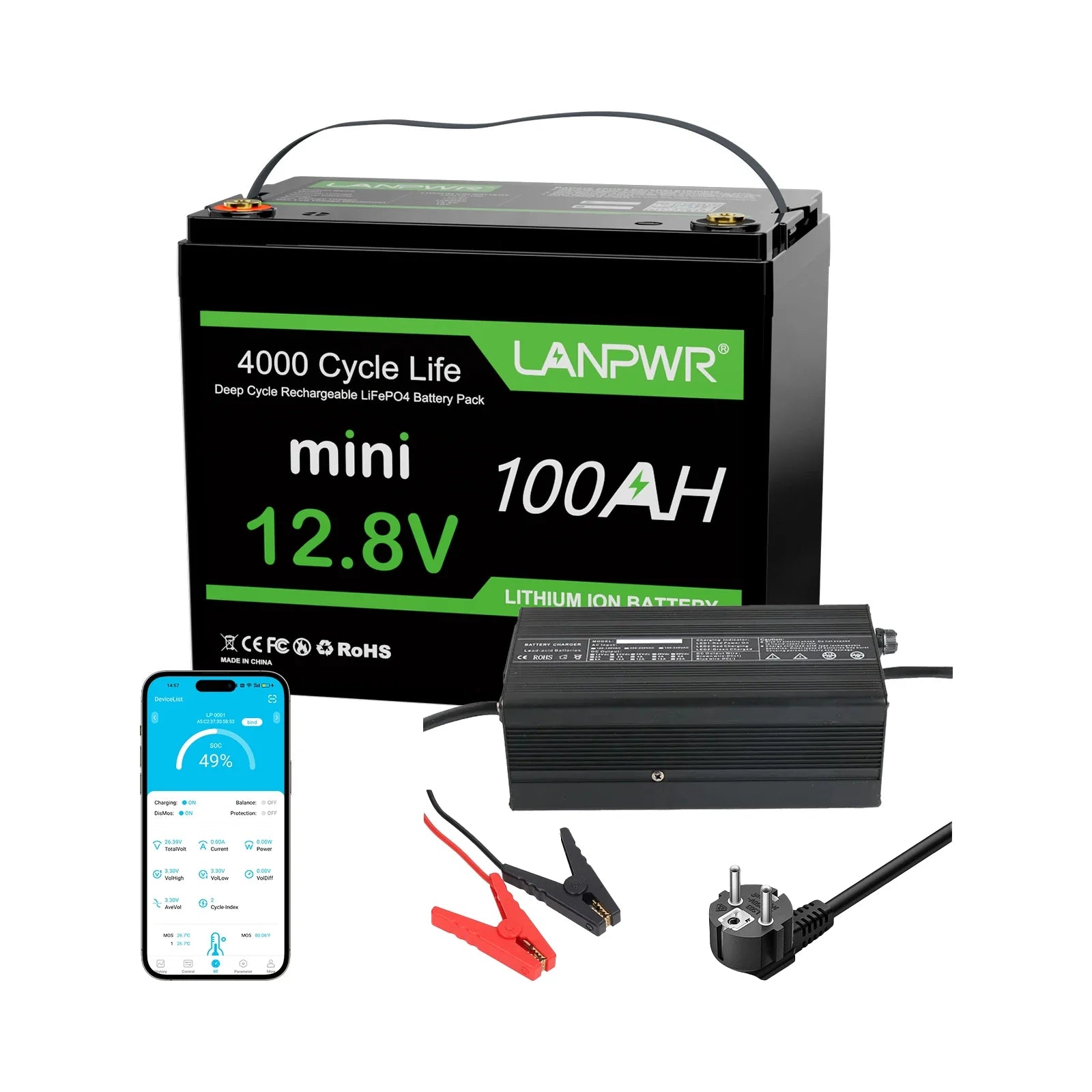
The Safety of Lithium Iron Phosphate (LiFePO4) Batteries: A Comprehensive Guide
Introduction Lithium Iron Phosphate (LiFePO4 or LFP) batteries have gained significant popularity in recent years due to their superior safety, long lifespan, and environmental benefits compared to...



